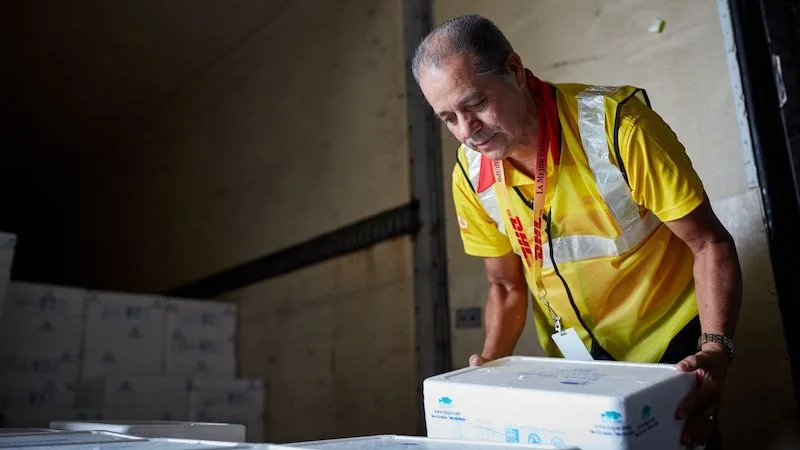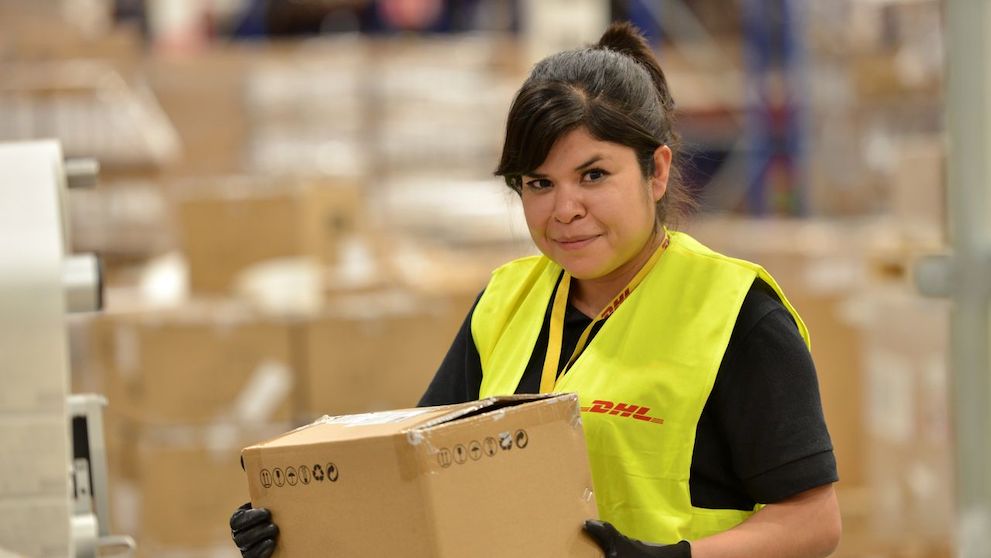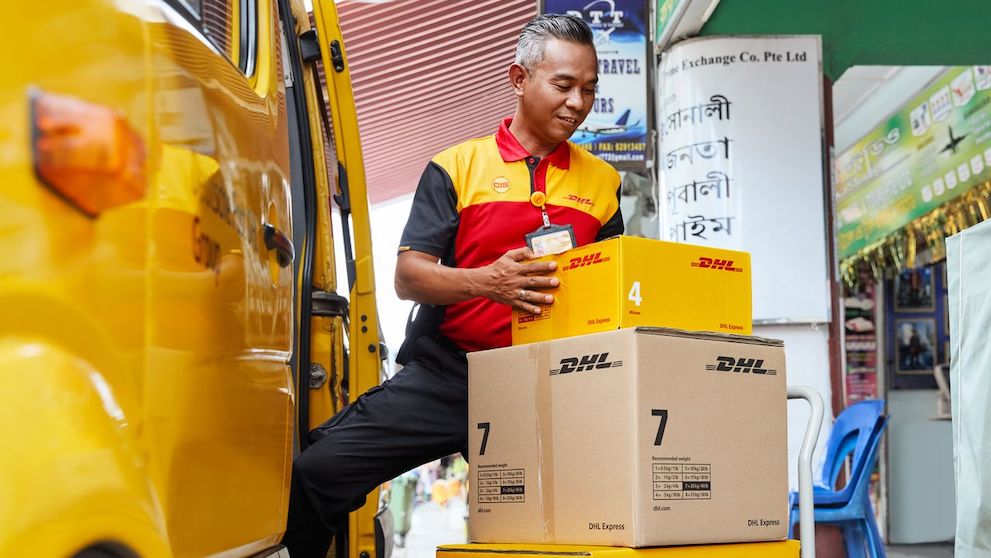The Philippines is renowned for its alluring cuisine, and consumers around the world get to enjoy these unique flavors thanks to careful shipping and packaging processes of popular food exports by Filipino-owned businesses. To ensure freshness, shipping frozen food and other products overseas requires a multi-layered approach to handle critical temperature changes, mainly storing and transporting goods in insulated boxes that are loaded in party-sized packs of meat, fish, poultry and other edibles. These delicate packages must be monitored closely during shipment in order to uphold strict international standards. Through this method of shipping, frozen food products from the Philippines remain prominent commodities amongst customers abroad and generate crucial revenue for the country's economy.
Whether you’re a food business wondering how to ship frozen food products and other goods from the Philippines or a personal shipper based in the Philippines wishing to ship Pinoy food products your OFW relatives would miss, we’ve got you covered. Efficient shipping practices can be the key to success in today’s globalizing world, for an established enterprise or a new player just entering the market alike.
Popular food products for export from the Philippines
Food product exports are a vital source of revenue for the Philippines, generating billions of dollars annually. According to the Philippine Statistics Authority, the country's total agricultural exports amounted to US$1.6 billion in the third quarter of 2023, accounting for 8.2% of the total exports of the country. Some of the popular food products for exports from the Philippines include mangoes, bananas, pineapple, tuna, cocoa, coconut and coconut oil.
Institutions governing food exports from the Philippines
Exporting food products out of the Philippines is a process that requires navigating through several institutional steps. Before frozen food products, such as chicken and meat, can be shipped from the Philippines, the exporter needs to take into account how these items will be packaged for export and how it needs to adhere to standards set by various food safety-related institutions. The Philippine Department of Agriculture (DA) and the Bureau of Animal Industry (BAI) are two main organizations accountable for issuing regulations concerning how to ship frozen food from the Philippines. Moreover, all processes related to these food products must follow applicable government regulations mandated by either one of these organizations in order for them to be exported effectively. With guidance and regulations from such institutions in place, processed meat manufacturers and other food businesses can rest assured that their food exports meet international standards while providing consumers with fresh and safe products.
Read on for all you need to know about shipping frozen food products and more from this tropical country.
¹ Philippine Statistics Authority. 5 Dec 2023











